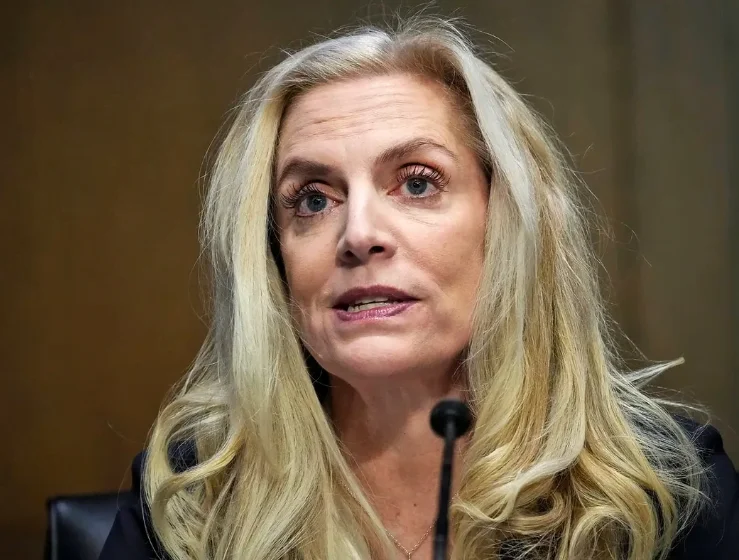Rep. Patrick McHenry and other members of the House Financial Services Committee wrote a letter to Fed Vice Chairwoman Lael Brainard asking for more information on Digital Dollar.

U.S. A top Federal Reserve official is being asked by Republican lawmakers to explain how the central bank sees its power to issue a digital dollar.
Rep. Patrick McHenry (R-NC), the most senior Republican on the House Financial Services Committee and possibly its next chairman, wrote a letter to Fed Vice Chairwoman Lael Brainard asking her to explain her view on the central bank’s power. Other Republicans on the committee also signed the letter. In particular, they want to know what can make the Fed decide to make a digital currency for the U.S. central bank (CBDC).
The letter focuses on a few parts of Brainard’s first public speech as vice chairwoman of the Fed board, which she gave to the panel in May. At that hearing, she said that the Fed wouldn’t issue a CBDC without “strong support” from the White House and Congress. She also said that the agency didn’t want to work directly with consumers.
The letter, which was sent on Wednesday, asked Brainard to explain what she meant by “support” that would justify the Fed’s move, and whether that could be in the form of non-binding communications like letters or executive orders.
“Do you think the Federal Reserve can’t set up a CBDC model with an intermediary without direct permission from Congress?
” asked the letter. It also asked for more information about the Fed’s position on whether it could directly manage digital accounts for individuals. This is a key issue for Republicans, who insist that the financial industry keep a central role.
Fed officials, including Chairman Jerome Powell, have talked about this subject many times, including this week. Powell said on Wednesday that the Fed’s leaders “haven’t decided at all” if we should have a CBDC.
Powell also addressed the Republican lawmakers’ main concern: “We do not plan to issue a CBDC without clear support from both the executive branch and Congress, ideally in the form of a specific authorization,” he said.
This is the most common thing Fed officials say, and Michael Barr, the board’s new vice chairman for supervision, said the same thing the day before. Barr also said that he didn’t think the Fed needed to make a decision about a digital dollar right away. If a digital dollar is ever made, he said, he would prefer a model in which financial firms would handle people’s digital-dollar accounts.
Republicans still have a good chance of taking over the U.S. House of Representatives after the elections in November. If that happens, the committee’s agenda and legislative priorities would be set by their party.
